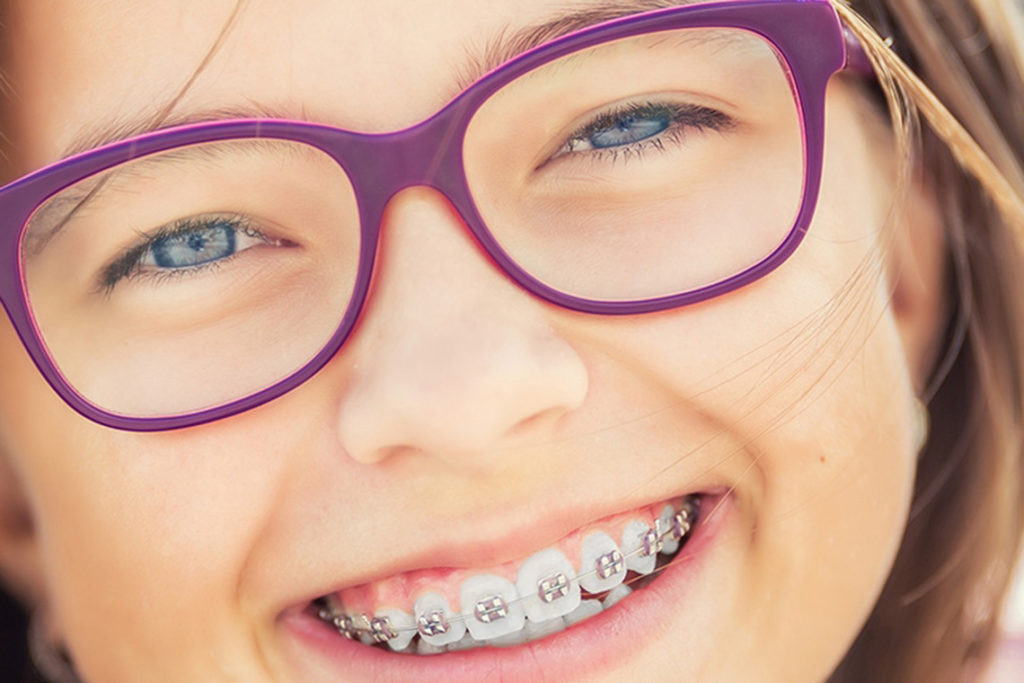
Your child’s relationships with other people can have a big impact on their mental health and general wellbeing. When they have healthy relationships, they are more likely to feel positive and confident. When they have unhealthy relationships, they are more likely to feel negative and insecure.
Building positive and respectful relationships are a very important part of growing up and will lead your child to having a deeper capacity for compassion, empathy and communication. Parental support is vital to them being able to understand what a respectful relationship looks like and how to nurture them.
What does a healthy relationship look like?
In a healthy relationship, you should feel:
- Positive and comfortable about yourself
- Confident
- Loved, wanted, needed, and useful, and
- That your views and opinions are respected, even if you disagree on something
The most influential people in a child’s life are the adults around them. The single most important thing parents or carers can do is to be a positive role model, by having respectful relationships with their own friends and family.
Some traits of a happy, healthy relationship are:
- Mutual respect. Healthy relationships are built on mutual respect.
- Safety. People in a healthy relationship feel safe with each other.
- Open and honest communication. Talking with each other should be easy.
- Privacy. Everyone has the right to their own space.
- Independence. It’s important to have a life and other friends outside of each relationship.
- Support. Having people who are there for you to listen and provide feedback and compassion when you need it is important.
- Equality. When there’s equality in a relationship, each person respects the other’s feelings and input.
- Compromise. Disagreements happen — even in healthy relationships — so compromise is key.
How to model healthy relationship values in your own relationships
- Do be around people you feel comfortable with
- Don’t rely on one person and forget other friends
- Do know the difference between good and bad conflict
- Don’t hide from problems
- Do know the signs of an abusive relationship
How to talk to your child about respectful relationships
- Pick a time when your child’s relaxed and when there aren’t other people around.
- Encourage conversations about feelings, friendships and family relationships.
- Be available and avoid distractions.
- Practice active listening – (open questions, repeating back and checking you understand).
- Try not to rush the conversation and let your child talk to you in their own time.
What does an unhealthy relationship look like?
Some of the warning signs of a toxic relationship are: intensity, isolation, extreme jealousy, belittling behaviour and volatility. In an unhealthy relationship, some common feelings experienced are:
- Anger (with yourself or them)
- Confusion
- Loving and hating the person at the same time
- Trapped
- Scared
- Depressed and worthless
Negative feelings can bring you down and affect your mental health and can also impact on you, your loved ones and affect your future relationships.
Having happy, positive relationship, whether that’s with parents, family members, friends, and romantic partners is good for your mental health.
Support is Available
If you are concerned about your child’s relationships, talking to your child is always the best first step, but you can find out more information on healthy relationships on the HSE website or by contacting the ISPCC.
The ISPCC’s Support Line service can be contacted by email p[email protected] or by calling 01 522 4300 between 9am – 1pm Monday to Friday.
You can read how we presented information on healthy relationships to children and young people on our Childline.ie website here. https://www.childline.ie/what-are-relationships/
